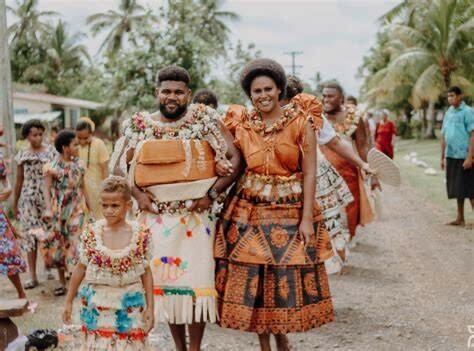December to January - A season of love
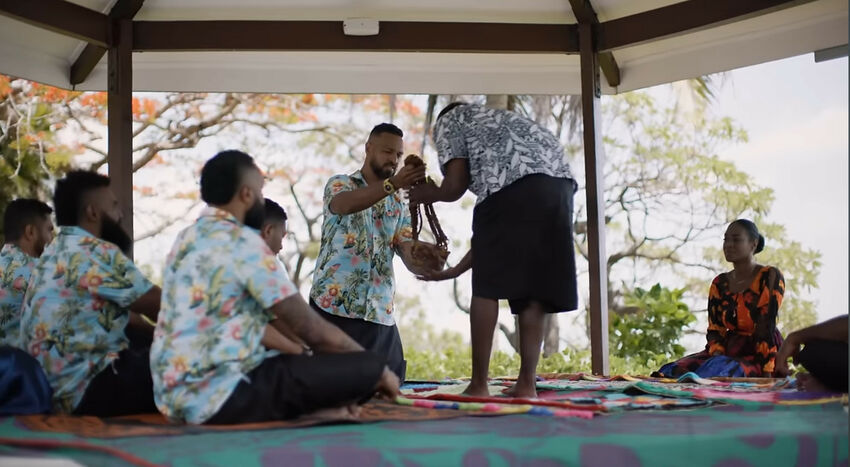
The Fijian Tradition of Asking for a Maiden's Hand in Marriage
Fiji is known for its beautiful landscapes and culture, particularly when it comes to marriage customs and December to January is particularly a time commonly picked by couples to celebrate in matrimony.
One key tradition before the wedding is how a young man asks for a maiden's hand in marriage. In the song “io” sung by Apakuki Nalawa of the band Inside Out he sings “au na Duguci iko, mo rosi ni nodaru vuvale vou” which summarises the Duguci process so beautifully, “i will come for you, so that you may be the rose in the flowerbed that our new family creates."
The path to marriage in Fiji includes 20 important stages, each with its own meaning. The first stage is called Taibailago, where the young man’s family tells the young woman’s parents that their son is interested in their daughter. This step is crucial as it marks the beginning of the courtship.
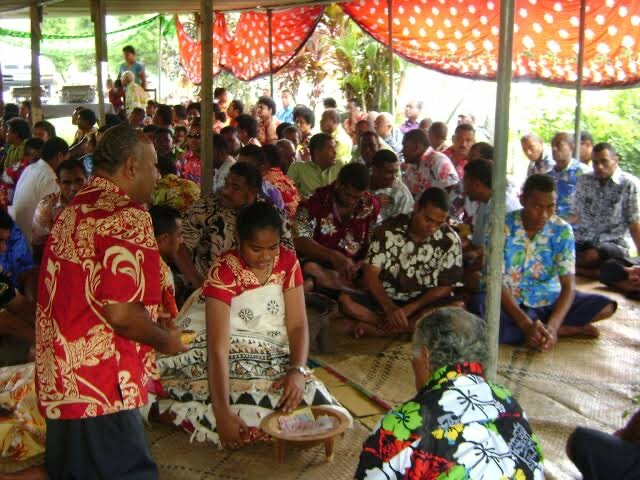
As the couple moves through the stages, they experience various important rituals. One of the key stages is Duguci, where the groom's family visits the bride's father with tabua (whale's teeth), which symbolize respect. Another important step is Vakadonu Gusu, where families share their intentions and feelings.
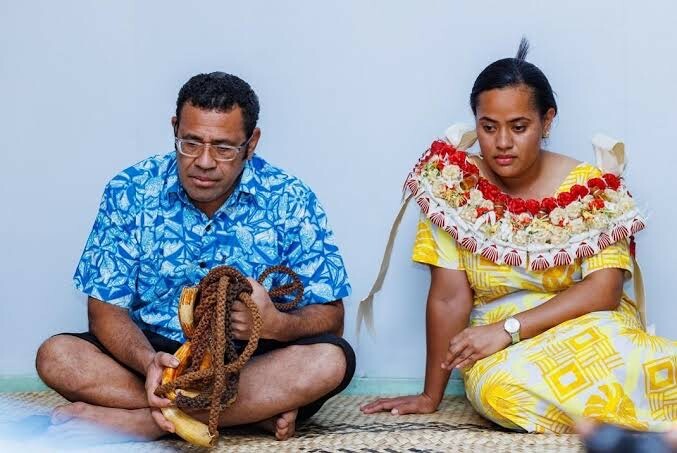
Other significant stages include Na Vakabi i Vola, where they discuss formal documents, and Na Dresu I Vola (reaping of documents), which involves preparations for the wedding. This leads to Na Vakawati or Vakamau (The Marriage), where the couple officially gets engaged. The journey continues through stages like Na Tevutevu (The Spread) and I Butubutu(The Doormat) each filled with cultural significance.
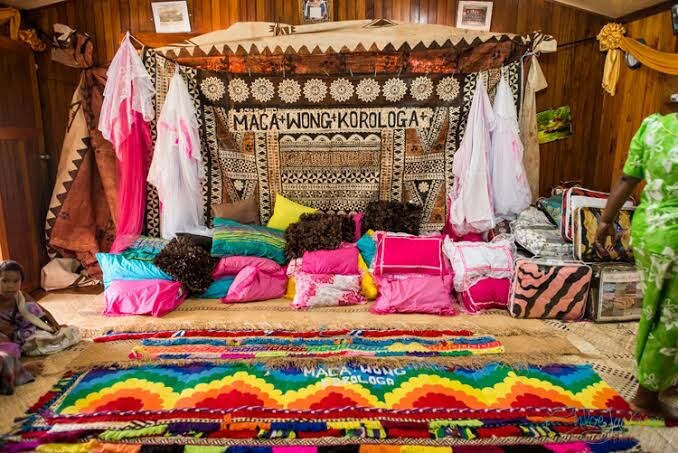
The process culminates with Boko ni Buka, meaning to "extinguish the fire," which signals the end of the courtship. The presentation of yaqona (kava) or magiti often marks this conclusion, showing acceptance and blessing from both families.
In a chiefly wedding, the stages of Duguci or Lakovi stand out. The groom’s clan approaches the bride’s father with tabua to formally express their intentions. The host’s mata speaks first to welcome the visitors, and then the visitors’ mata explains why they are there. This formal speech, called Na vakasavu i tukutuku, serves as a heartfelt proposal.
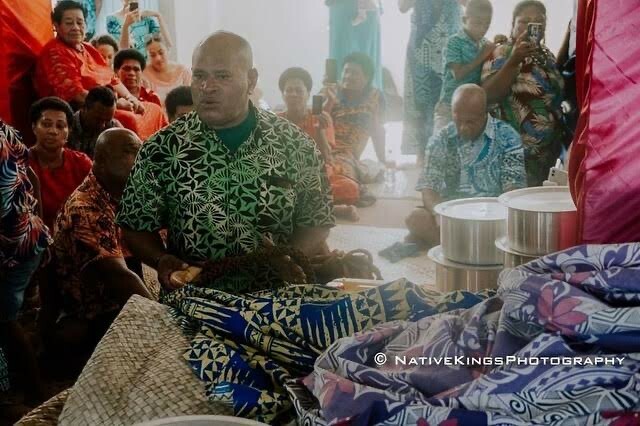
During this moment, the groom’s mata shares how the young man has searched for his "pearl," promising to protect her as they start their journey together. This moment reflects the respect and values that are important in Fijian culture.
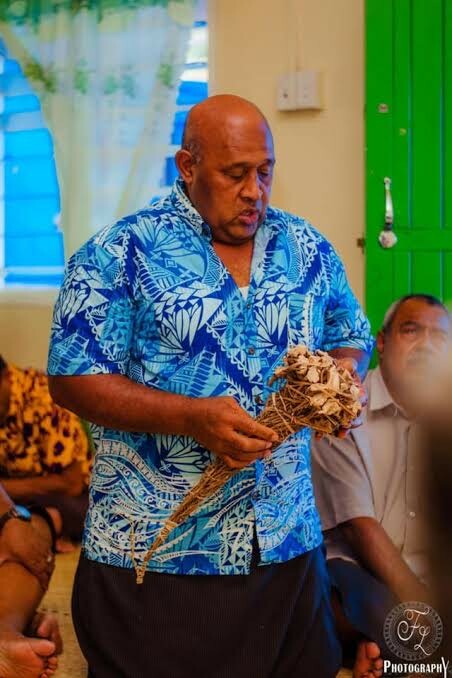
While it is uncommon for a bride’s family to refuse a marriage request, if it happens, it is usually outweighed by the number of tabua presented, with more tabua showing greater favor.
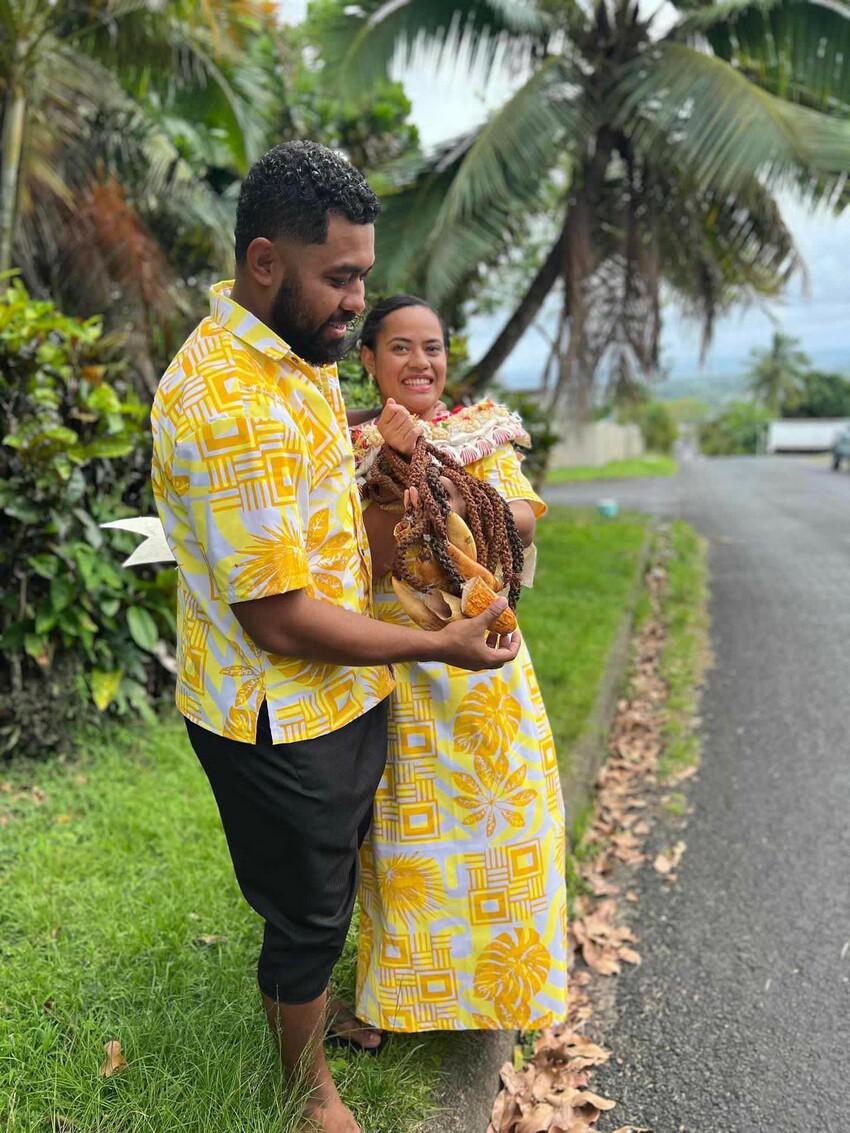
In summary, the Fijian tradition of asking for a maiden's hand in marriage is a meaningful ritual that emphasizes respect, love, and community. It highlights the importance of family bonds and cultural heritage, creating a strong foundation for the couple's future together. Through these stages, they not only unite but also bring their families together in a shared celebration of love.
